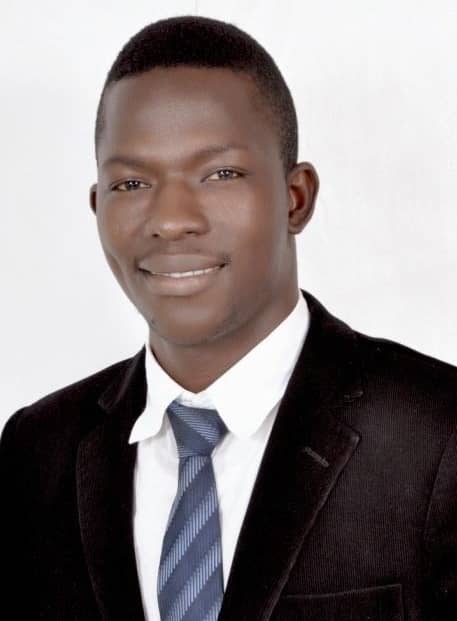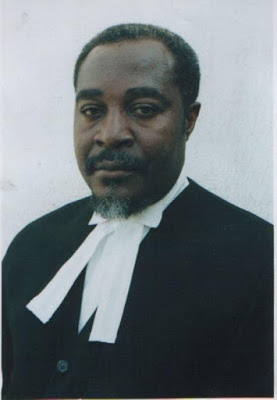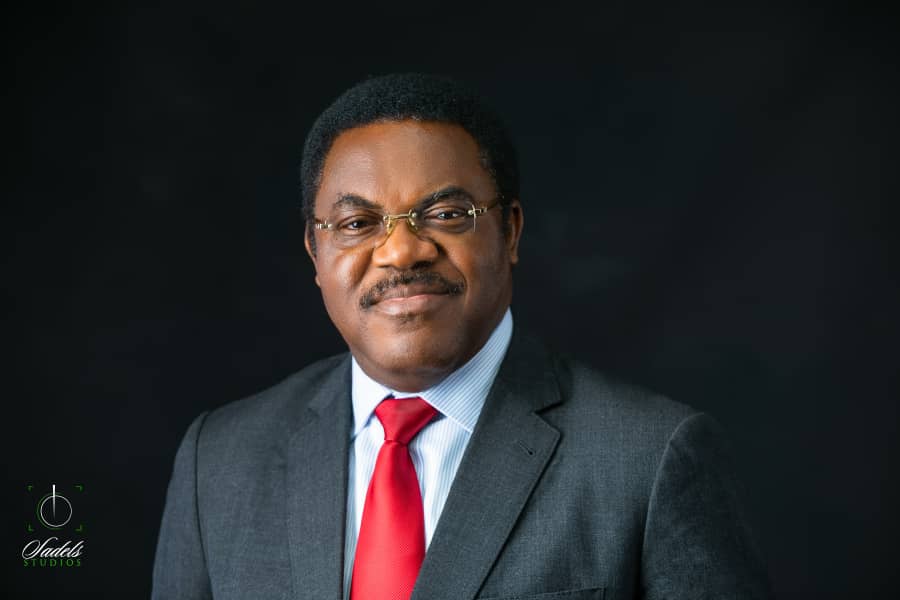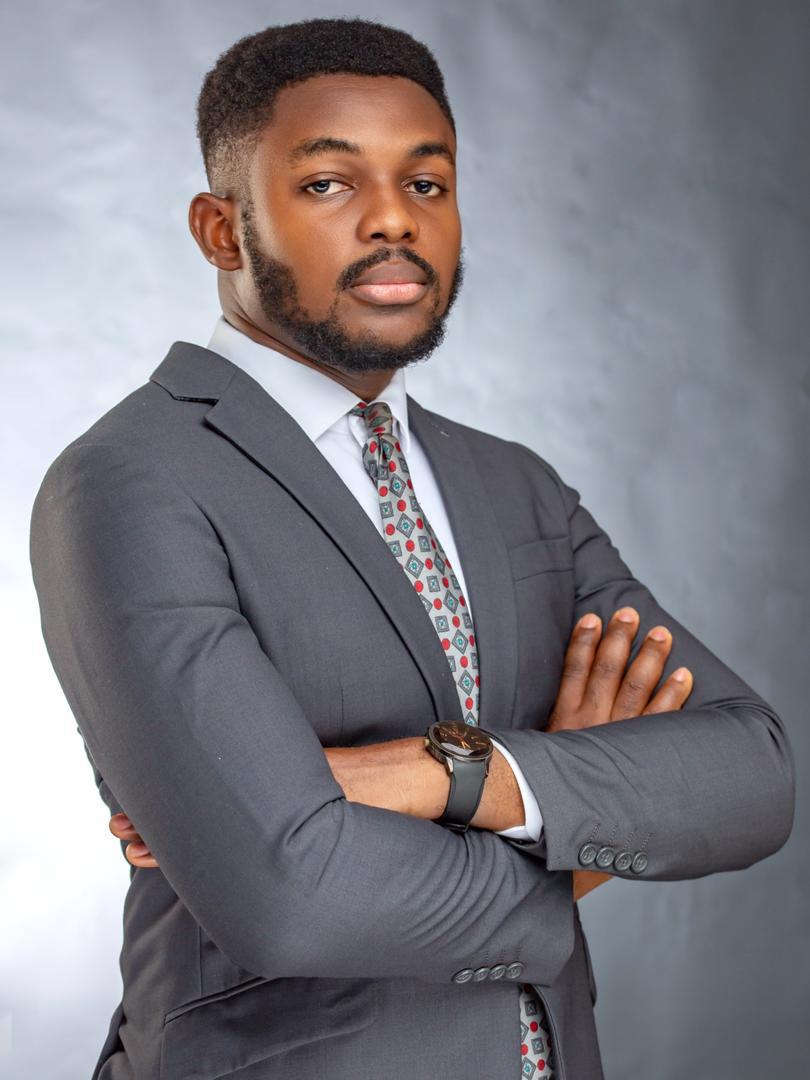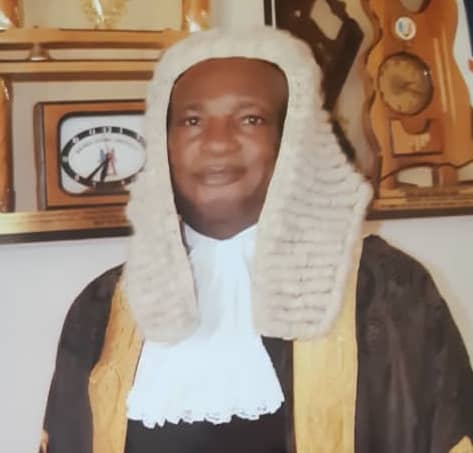MSMEs in Nigeria
|
S/N
|
Category
|
Employees
|
|
1
|
Micro Enterprises
|
Less than 10
|
|
2
|
Small Enterprises
|
10 to 49
|
|
3
|
Medium Enterprises
|
50 to 199
|
The significance of the role micro, small and medium
enterprises (MSMEs) play in Nigerian economy is a subject that has been
discussed, ad nauseam, by experts, analysts and authors. The Vice President
described MSMEs as the bedrock of Nigeria’s industrialization and
inclusive economic development; and the most important component of
industrialization as set out in the Economic Recovery and Growth Plan.
This
sector comprises the average and below average Nigerians and resultantly
constitute about 95% of Nigerian population. Consequently, the challenges and
difficulties experienced by this sector directly or indirectly affect every
household in Nigeria.
The corona virus pandemic is
unprecedented and is causing large-scale death and severe human suffering
globally. The fact that the pandemic is still unfolding makes it challenging
to forecast the extent of its economic impact, however, the possibility of a
global recession has become concrete.
The
‘Big companies’, with the liberty of well informed risk teams, certainly, did
not factor in the corona pandemic and its effect on businesses. At the tail
end of the year 2019, as in every other year, budgets were prepared and
adopted and managements were tasked with projected revenue for the first
quarter of the year 2020. Here we are.
Priorities have changed; companies are stress testing and jettisoning profit
making for a chance at survival.
Majority
of Nigerian MSMEs have no structure and no business plan. Under seemingly
normal circumstances, MSMEs struggle with a lot of business challenges. This
pandemic has worsened the situation and majority of MSMEs are in over their
heads and are short of ideas on how to navigate this storm.
Along
with the rest of the populace, proprietors of MSMEs are on lock down and are
locked in with their family responsibilities. Majority have ventured into
their business capital to purchase food items and other necessities for their
survival and that of their families.
It is an unequal bargain. While stakeholders of established companies
are currently devising ways to keep their companies afloat, proprietors of
MSMEs are constrained to grapple for daily bread and with staying alive.
Notably,
one of the major challenges facing MSMEs is lack of capital. For the
majority, personal savings was the most common source of capital. Nationally,
only a limited number of MSMEs (that are sole proprietorships) reported
having access to bank credit.
The
National Bureau of Statistics identified access to finance as a top priority
area for assistance for MSMEs. The corona pandemic and the ruins that it
would leave behind have made this priority even more impetrative. For the
survival of MSMEs, the government needs to be creative and proactive in
addressing this concern.
Government COVID 19
Initiatives that affects MSMEs
Thus
far, the government has taken some commendable steps. President Muhammadu
Buhari in his speech of 29 March 2020, indicated that he has mandated a
three-month moratorium to be afforded to borrowers under social benefits
schemes such as “Trader Moni” (a
Federal Government empowerment scheme created for petty traders and artisans
across Nigeria), “Market Moni”
(Federal Government empowerment programme to provide financial aid to micro
businesses) and “Farmer Moni”
(collateral free loans designed to help petty traders expand their trade).
This is also reflected in the COVID-19 Regulations 2020 (Regulations) issued
by the president, which contain directives to the Bank of Industry, Bank of
Agriculture and the Nigeria Export-Import Bank to grant the same moratorium
to borrowers.
The
Central Bank of Nigeria has created a N50 billion targeted credit facility
for households, and small and medium enterprises. Also, CBN has set-up a N100
billion credit support facility for businesses in the healthcare sector.
The House of Representatives proposed and is considering a
bill titled “Emergency Economic Stimulus Bill”. The bill has been passed for
third reading. Amongst the objectives of the bill, is the proposal that any employer
duly registered under the Companies and Allied Matters Act Cap C20 LFN 2004
which maintains the same employees status without retrenching their staff as
at 1st of March 2020 till the 31st of
December 2020 shall be entitled to 50% income tax rebate on the total amount
due or paid as PAYE under the Personal Income Tax Act Cap C8 LFN 2004 as
amended.
While these are
steps in the right direction, we urge the government to do more and to put
appropriate mechanisms in place for the implementation of these initiatives.
|
|
Facts
·
Nigeria’s over 41 million MSMEs,
account for more than 84 per cent jobs in the country. Nigeria’s over 41 million MSMEs,
account for more than 84 per cent jobs in the country. The enterprises also account for about 48.5
percent of the gross domestic product, GDP, as well as about 7.27 percent of
goods and services exported out of the country.
·
MSMEs generated
59,647,954 jobs as of December 2017, 5% or 2,889,715 of those jobs were
created by small and medium enterprises (SMEs).
·
It was observed
that owners of Micro enterprises are less educated – 76.4% have Senior
Secondary certification or less. Similarly, 78.2% of employees of Micro
enterprises have Senior Secondary certification or less. By contrast, 51% of
SME owners have attained either a Bachelors or Masters degree.
·
The enterprises also
account for about 48.5 percent of the gross domestic product, GDP, as well as
about 7.27 percent of goods and services exported out of the country.
·
MSMEs generated
59,647,954 jobs as of December 2017, 5% or 2,889,715 of those jobs were created
by small and medium enterprises (SMEs).
·
It was observed
that owners of Micro enterprises are less educated – 76.4% have Senior
Secondary certification or less. Similarly, 78.2% of employees of Micro
enterprises have Senior Secondary certification or less. By contrast, 51% of
SME owners have attained either a Bachelors or Masters degree.[1]
·
75.6% of Nigerian
Micro enterprises have no business plan.
65% of Nigerian SMEs have no business plan.
·
The MSME National
Survey reports that Nigeria Micro enterprises startup capital is as indicated
in the table below.
|
S/N
|
% of Micro
enterprise
|
Business startup
capital
|
|
1.
|
63.8%
|
below N50,000
|
|
2.
|
20.6%
|
N50,000 –N100,000
|
|
3.
|
7.9%
|
N101,000 –N200,000
|
|
4.
|
3.1%
|
N201,000 – N300,000
|
|
5.
|
4.7%
|
over N300,000
|
The same report
indicates Nigeria SMEs business startup
capital as shown in the table below
|
S/N
|
% of SMEs
|
Business startup
capital
|
|
1.
|
74.9%
|
below N10,000,000
|
|
2.
|
8.0%
|
N10,000,000 –N20,000,000
|
|
3.
|
2.0%
|
N21,000,000–N30,000,000
|
|
4.
|
0.9%
|
N31,000,000 – N40,000,000
|
|
5.
|
5.2%
|
N41,000,000 – N50,000,000
|
|
6
|
1.1%
|
Above N50,000,000
|
·
61.2%
of micro enterprises (MEs) and 55.6% of SMEs depend on personal savings for
startup capital.
·
5.3% MEs and 17.5% SMEs are able to access
loans as a source of startup capital.
·
23.6%
MEs and 11.7% SMEs are able to get startup capital from family members.
·
8.3%
MEs and 5.4% SMEs get their startup capital from cooperative/Esusu.
·
For SMEs who had
access to bank credit, commercial banks were the main source of these funds
(91.9%), while 4.7% accessed credit from Micro-Finance Institutions, and 1%
from Development Institutions.[2]
|
